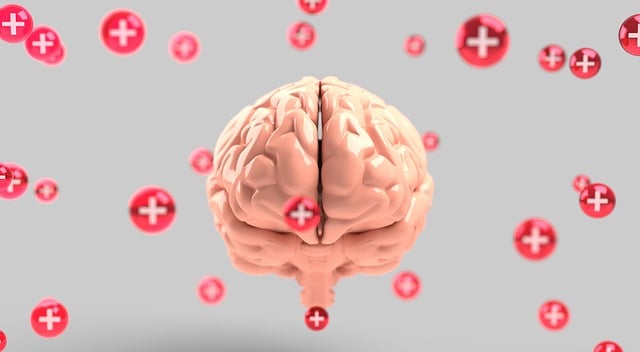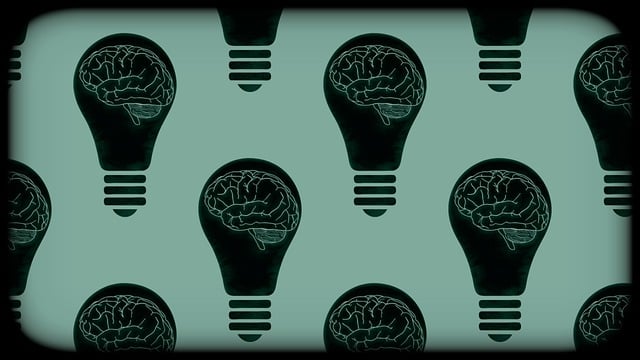Substance abuse in Northglenn is a complex issue requiring comprehensive solutions. Accessing local support systems, such as Northglenn Phobias Therapy, is vital for recovery. This therapy focuses on understanding the link between substance misuse and mental health, particularly anxiety and depression. It offers tailored assessments, emotional well-being promotion, and education to help individuals identify and manage personal risk factors. By combining cognitive-behavioral therapy, group support, and community outreach, Northglenn Phobias Therapy creates a robust network to prevent and address substance abuse, fostering mental wellness and resilience among residents.
In the pursuit of well-being, understanding and mitigating substance abuse risks is paramount. This comprehensive guide explores effective risk reduction strategies tailored to the unique challenges of individuals in Northglenn. From comprehending the intricacies of substance abuse and its associated dangers to identifying personal risk factors, we delve into actionable steps.
Discover preventative measures, lifestyle changes, and the transformative power of professional help and therapy. Furthermore, explore the significance of building a supportive network for lasting recovery. Embrace these strategies as your roadmap to a healthier, more balanced life, with Northglenn Phobias Therapy offering specialized support when needed.
- Understanding Substance Abuse and Its Risks
- Identifying Personal Risk Factors
- Preventative Measures and Lifestyle Changes
- Accessing Professional Help and Therapy
- Building a Supportive Network for Recovery
Understanding Substance Abuse and Its Risks

Substance abuse is a complex issue that involves the misuse or addiction to drugs and alcohol, posing significant risks to individuals’ health, relationships, and overall well-being. It’s crucial to recognize that this isn’t merely a personal struggle; it has far-reaching effects on communities, especially in areas like Northglenn, where local support systems play a vital role in recovery. Understanding the nature of substance abuse is the first step towards mitigating its dangers.
The risks associated with substance abuse are multifaceted. They can lead to severe mental health issues, including anxiety and depression, and may exacerbate existing conditions like phobias. In Northglenn, where access to specialized therapy services, such as those offered in Mental Wellness Podcast Series Production, is available, individuals can find support tailored to their unique needs. Promoting positive thinking and self-esteem improvement are essential components of addressing substance abuse, fostering a culture of mental wellness that encourages open conversations and seeks professional help when needed.
Identifying Personal Risk Factors

Identifying personal risk factors for substance abuse is a crucial first step in implementing effective prevention strategies. Northglenn Phobias Therapy offers valuable tools to navigate this process. Through comprehensive assessments, individuals can uncover underlying emotional triggers and past experiences that may predispose them to substance misuse. By understanding these personal risks, one can proactively develop coping mechanisms and enhance their emotional well-being promotion techniques.
This self-awareness is enhanced through the integration of Emotional Well-being Promotion Techniques tailored to individual needs. Community Outreach Program Implementation and Mental Wellness Podcast Series Production are also valuable resources that Northglenn Phobias Therapy leverages to foster a supportive environment. These initiatives not only educate but also connect individuals with like-minded peers, further strengthening their resilience against substance abuse.
Preventative Measures and Lifestyle Changes

Preventative Measures and Lifestyle Changes play a pivotal role in mitigating substance abuse risks, especially for individuals residing in areas like Northglenn. Beyond abstinence-focused approaches, proactive strategies are essential to fostering resilience. One effective method is integrating Mental Health Education Programs Design tailored to community needs, empowering residents with knowledge about substance misuse prevention and healthy coping mechanisms. These programs can be delivered through local schools, community centers, or online platforms, making mental wellness information accessible to all.
Additionally, Social Skills Training has proven beneficial in building a supportive network and enhancing self-esteem, which are crucial defenses against substance abuse. Engaging in such training can help individuals develop healthy relationships, improve communication skills, and discover alternative ways to manage stress and anxiety—common triggers for substance misuse. Even incorporating simple lifestyle changes, such as regular exercise and mindfulness practices, can significantly contribute to an individual’s overall mental wellness, making them better equipped to resist the allure of substance abuse.
Accessing Professional Help and Therapy

Accessing professional help and therapy is a pivotal step in mitigating risks associated with substance abuse. Northglenn phobias therapy, for instance, can significantly aid individuals grappling with anxiety or panic disorders that may drive or exacerbate drug use. This specialized treatment focuses on identifying and modifying maladaptive behaviors and thoughts, thereby improving mood management and enhancing overall well-being.
Effective therapeutic interventions include cognitive-behavioral therapy (CBT), dialectical behavior therapy (DBT), and motivational interviewing (MI). CBT equips individuals with communication strategies to challenge negative thought patterns, while DBT fosters emotional regulation skills. MI motivates clients to change their behaviors by exploring the advantages of abstinence. For mental health professionals conducting risk assessments, integrating these therapeutic approaches into treatment plans can effectively mitigate risks and promote positive outcomes for clients struggling with substance abuse.
Building a Supportive Network for Recovery

Building a supportive network is an integral part of any recovery journey, especially when addressing substance abuse. This involves fostering connections with individuals who can provide encouragement, understanding, and guidance throughout the process. In Northglenn, Phobias Therapy offers not only specialized treatment for fears and phobias but also serves as a hub for community support. Through group therapy sessions, clients can connect with peers facing similar challenges, creating a sense of belonging and solidarity. This network extends beyond therapy rooms, encouraging individuals to engage in mental health education programs designed to enhance self-awareness and coping mechanisms.
The power of compassion cultivation practices cannot be overstated in this context. By teaching individuals to nurture self-compassion and empathy for others, these practices can help break down barriers and foster a sense of resilience. This resilience is vital in navigating the challenges of recovery and ensuring long-term success. Additionally, participating in community initiatives and support groups can provide ongoing reinforcement, making the recovery process more manageable and less isolating.
Substance abuse is a complex issue, but with the right strategies, recovery is achievable. By understanding the risks and identifying personal factors, individuals can take proactive steps towards prevention through lifestyle changes and access to professional help, such as Northglenn Phobias Therapy. Building a supportive network further strengthens the path to overcoming addiction. Remember, seeking assistance early on can make all the difference in an individual’s journey towards a healthier, substance-free life.











